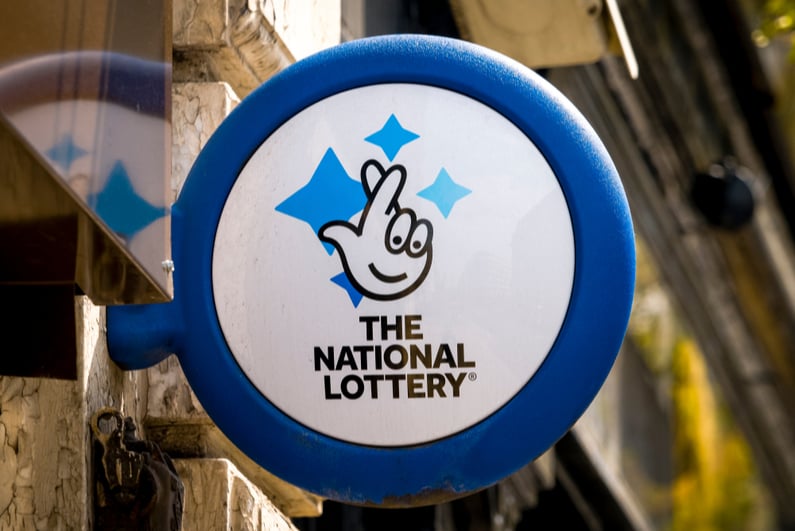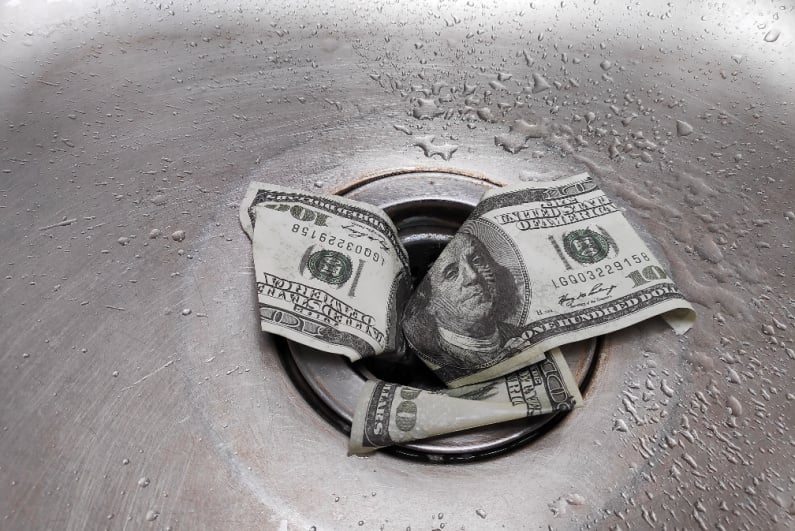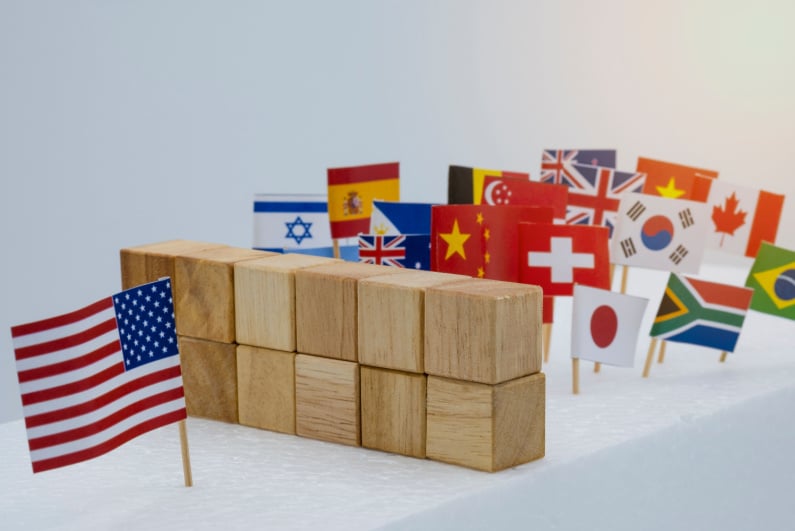Extensive allegations
Two members of parliament are calling on the UK Gambling Commission (UKGC) to conduct an investigation into Camelot for allegedly claiming credit for The National Lottery’s contributions to good causes. The politicians are concerned that these alleged actions could influence the bidding process for the next lottery license. Camelot is the current operator of The National Lottery and is looking to renew its license that expires in 2023.
MPs Richard Holden and Carolyn Harris sent a letter to the UKGC in regards to Camelot’s recent advertising campaign in a Westminster staff publication, The House Magazine. They allege that Camelot is blurring the lines when it comes to its role in providing funds for good causes after its logo was placed ahead of UK National Lottery branding in the ads. Holden and Harris were also unsure as to why the ads appeared in this particular publication.
has announced initiatives that appear to conflate its role as operator with that of The National Lottery”
The letter points out other specific examples of supposedly questionable activity, such as Camelot’s sponsorship deal with television broadcaster ITV and another agreement with the Daily Mail. The letter states: “We have noticed there have been numerous instances when Camelot has announced initiatives that appear to conflate its role as operator with that of The National Lottery.”
Both MPs believe that these actions are undermining the credibility of The National Lottery and the UKGC.
Seeking assurances
The two MPs have concerns that if Camelot can continue to “mislead audiences” and it secures the lottery license for a fourth time, this could lead to issues in future bidding processes whereby other credible candidates might not bother applying.
The politicians want to get assurances from the UKGC about how it plans to proceed to make sure that the current bidding process is competitive and fair. Both MPs are members of the All-Party Parliamentary Group (APPG) on Gambling-Related Harm, of which Harris is the chairperson.
National Lottery license bidding process
Camelot has responded to the allegations from the two MPs, claiming that the politicians are wrong and that it made clear distinction between the role of The National Lottery and Camelot in all advertising materials.
At no time has money allocated for good causes been used for Camelot’s benefit.”
The operator underlined how it makes sure to promote The National Lottery and to get as much return for good causes as possible within the remit of its license. Camelot stated: “At no time has money allocated for good causes been used for Camelot’s benefit.”
The UKGC launched the tender for the new National Lottery license last August. Camelot has been the operator of the lottery since it began in 1994 and is seeking a fourth consecutive license. A number of other companies have reportedly shown interest in taking part in the bidding process, including the Indian lottery group Sugal & Damani, Czech-based Sazka Group, and Portugal’s Sugal Group. The UKGC will recommend its preferred recipient of the new license to the government by the deadline in September 2021.
UKGC in hot water
The UKGC has been taking a lot of flak recently, particularly in relation to the collapse of the Football Index gambling operation. The BBC reported that customers could lose funds totaling more than £90m ($124m). MPs called for an investigation into the UKGC’s handling of the Football Index situation.
UKGC CEO Neil McArthur surprisingly resigned on March 15 amid this turmoil, stepping down with immediate effect. No known link exists between McArthur’s resignation and the Football Index scandal. The UKGC is now searching for an interim chief executive at a time when the regulator is playing a key role in the government’s review of gambling legislation.




